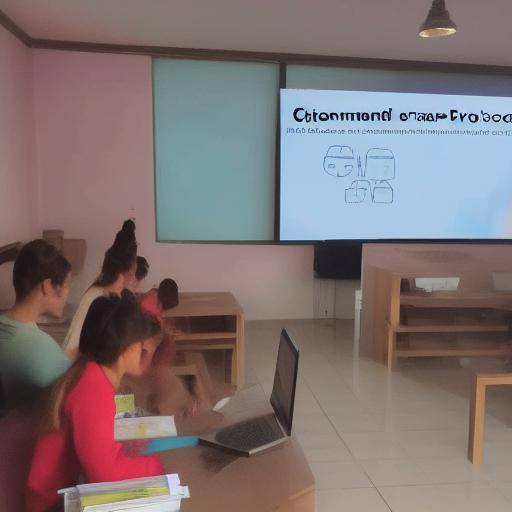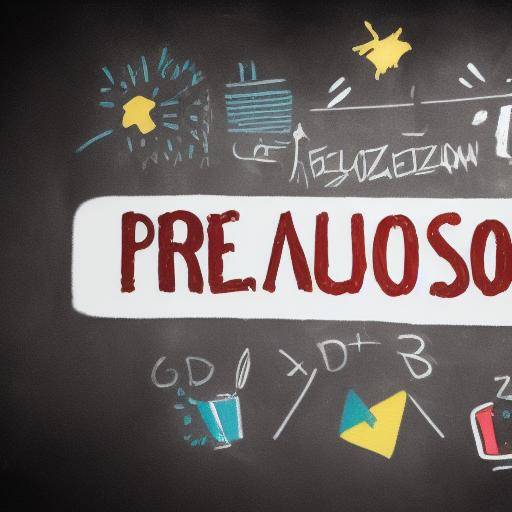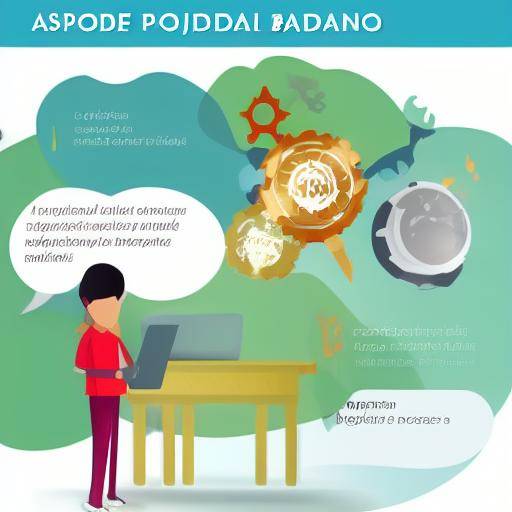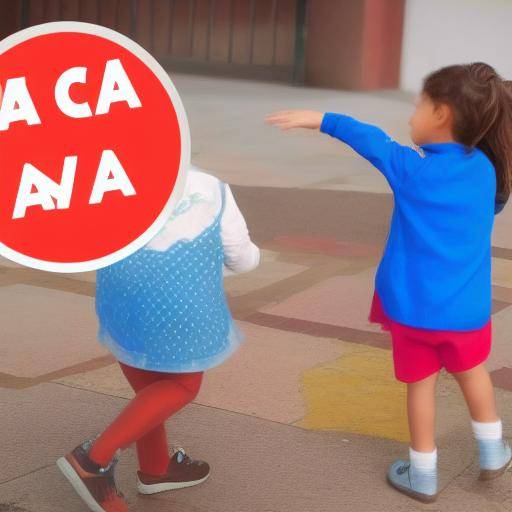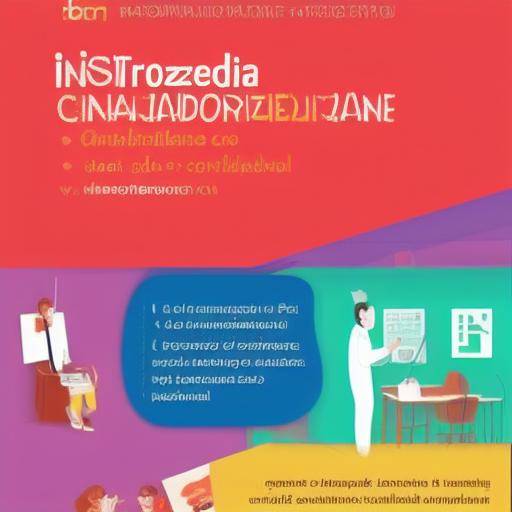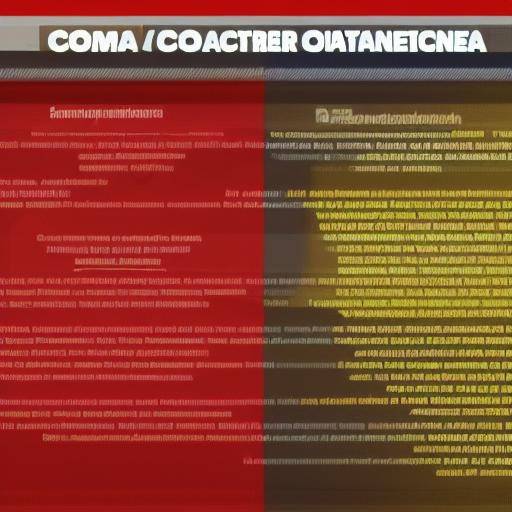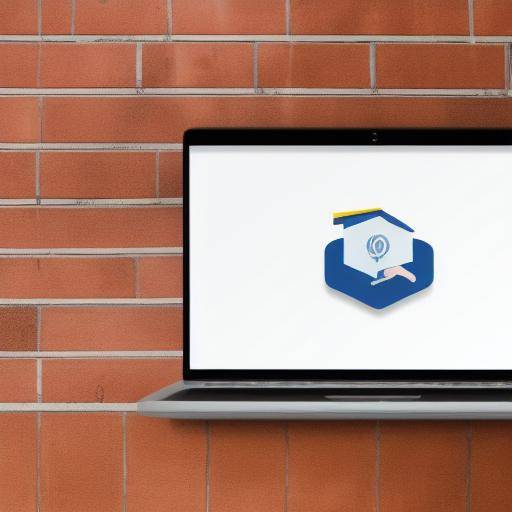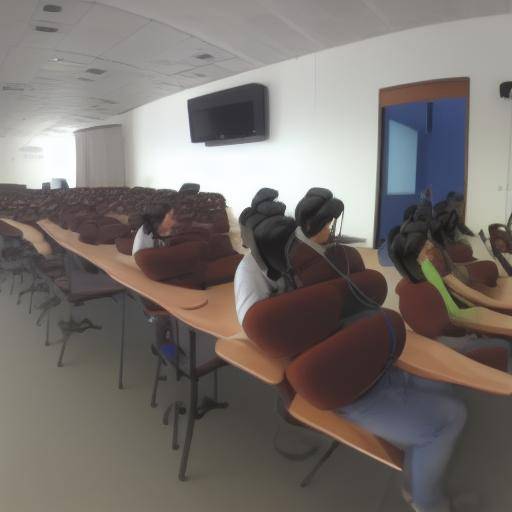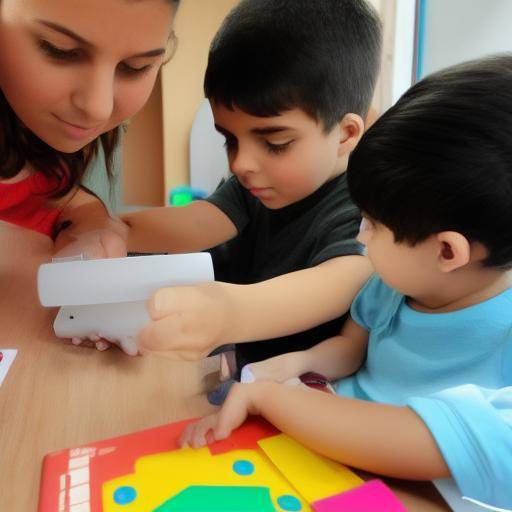
In the modern era, the approach to education and professional development has evolved substantially. With the advent of skills-based learning, there has been a significant change in the way we conceived and carried out labour education and training. In this extensive article, we will thoroughly explore the concept of skills-based learning, its implications and applications, and how it can be effectively used to enhance educational and professional development.
Introduction
Competence-based learning represents an educational approach that emphasizes the development and acquisition of skills and knowledge, rather than focusing solely on the accumulation of theoretical information. This methodology provides students and professionals with the necessary tools to address the challenges of the real world, fostering more meaningful and applicable learning in everyday situations. In this context, it is crucial to understand how this approach can be effectively implemented in various educational and labour fields.
History and Background
The concept of skills-based learning has its roots in the 20th century educational theories, where visionaries in the field of education began to question the effectiveness of traditional teaching methods. As the world experienced significant changes in the technological, economic and social spheres, the need to develop an educational approach more aligned with the demands of the modern world emerged.
Over the decades, the competencies approach has evolved, increasingly integrating into educational systems and the development of vocational training programmes. In the course of this development, key milestones have been established that have contributed to the consolidation and expansion of skills-based learning as a fundamental pillar of contemporary education.
Detailed Analysis
In reviewing this approach from various perspectives, tangible benefits emerge that support the implementation of competency-based learning in multiple contexts. This method not only promotes more meaningful and practical learning, but also facilitates adaptation to dynamic working environments, where specific skills and competencies can make the difference between success and professional stagnation.
However, we cannot ignore the challenges that may arise in implementing this approach. The objective assessment and measurement of acquired competencies pose significant challenges, as well as the design of educational and training programmes that effectively align with competency-based learning requirements.
Comprehensive review
As we enter the practical applications of this approach, we find a variety of examples and case studies that demonstrate how skills-based learning has transformed labour training and formal education. From business training programs focused on the development of specific competencies to innovative educational initiatives that empower students through the acquisition of practical skills, successful applications abound in various environments.
At the same time, it is essential to consider the opinions of experts and leaders in the field, who offer valuable insights and guidance on best practices in the implementation of skills-based learning. These views can shed light on emerging trends and future challenges that need to be addressed to ensure the continued effectiveness of this approach.
Comparative analysis
Compare and contrast skills-based learning with traditional educational approaches and other contemporary methodologies allows us to identify the relative strengths and limitations of each approach. By highlighting potential similarities, differences and synergies, we can offer a panoramic view that enriches understanding of the implications and applications of skills-based learning.
Practical Tips and Accessible Recommendations
Having examined in detail the complexities and benefits of skills-based learning, it is essential to provide practical advice and actionable recommendations that guide our readers in the effective implementation of this approach. Through numbered lists and highlights, we will provide clear and accurate guidelines that equip educators, business and professional leaders with the tools necessary to maximize this valuable educational and development approach.
Information and Reviews of the Industry
In this section, we will immerse ourselves in the current panorama of education and professional development, exploring the perspectives and ideas shared by experts in the field of skills-based learning. Your future knowledge and projections will provide a strategic vision that will enrich our understanding of emerging trends and best practices for the implementation of this approach.
Case Studies and Practical Applications
Through detailed case studies, we will examine how skills-based learning has been successfully implemented in various educational and labour scenarios. We will analyze the results obtained, lessons learned and best practices applied, to illustrate how this approach can generate a positive and transformative impact on teaching and training.
Future Trends and Predictions
In this final section, we will focus our perspective on the future, exploring emerging trends and making informed predictions about the development and evolution of skills-based learning. In projecting possible scenarios and challenges ahead, we will provide our readers with a dynamic perspective that will allow them to anticipate and prepare for the changes to come in the educational and labour sphere.
Conclusion
In short, skills-based learning represents an innovative and highly effective approach to enhancing educational and professional development. Having explored in detail its foundations, applications and future perspectives, we have drawn up a comprehensive picture that highlights the relevance and significant impact of this methodology.
We hope that this article has provided our readers with an enriching and practical understanding of skills-based learning, and has equipped them with the tools necessary to use this approach effectively in their own educational and work contexts.
Frequently asked questions
What is the difference between traditional learning and skills-based learning?
Traditional learning focuses on the transmission of theoretical knowledge, while skills-based learning emphasizes the development of specific skills and skills that are applicable in real situations.
How are competencies acquired in skills-based learning assessed?
The evaluation of the skills acquired is usually done through practical methods, such as projects, case studies or demonstrations of skills, in contrast to traditional written examinations.
What are the advantages of skills-based learning in a working environment?
Competence-based learning allows professionals to acquire practical skills directly applicable to their job roles, which increases effectiveness and performance at work.
How can I implement skills-based learning in my educational program?
Successful implementation of skills-based learning requires an approach to the design of study plans that integrate practical projects, authentic assessments and alignment with the needs of the labour market.
What is the role of the teacher in a competency-based learning environment?
The teacher plays a crucial role as a facilitator of learning, guiding students in the acquisition of skills and providing timely feedback to promote their development.
In what types of industries or sectors is the implementation of skills-based learning more common?
The competency approach is particularly relevant in industries that require specific and practical skills, such as technology, health, engineering and manufacturing, although its applicability extends to a wide range of professional fields.
What are the most common challenges associated with the implementation of skills-based learning?
Some of the challenges include the effective design of assessments, the integration of cross-cutting and technical skills, and the adaptation of traditional teaching methods to a more competencies-centred approach.
We hope that these FAQs have clarified key aspects and provided greater understanding of skills-based learning and its applicability in various educational and labour contexts.
Throughout this full article, we have explored in detail the concept of skills-based learning, history and background, detailed analysis, practical applications, future perspectives and concrete recommendations for their effective implementation. We are confident that readers will get a solid and practical understanding of this innovative approach, as well as shocking ideas for its application in their own educational and professional environments.

